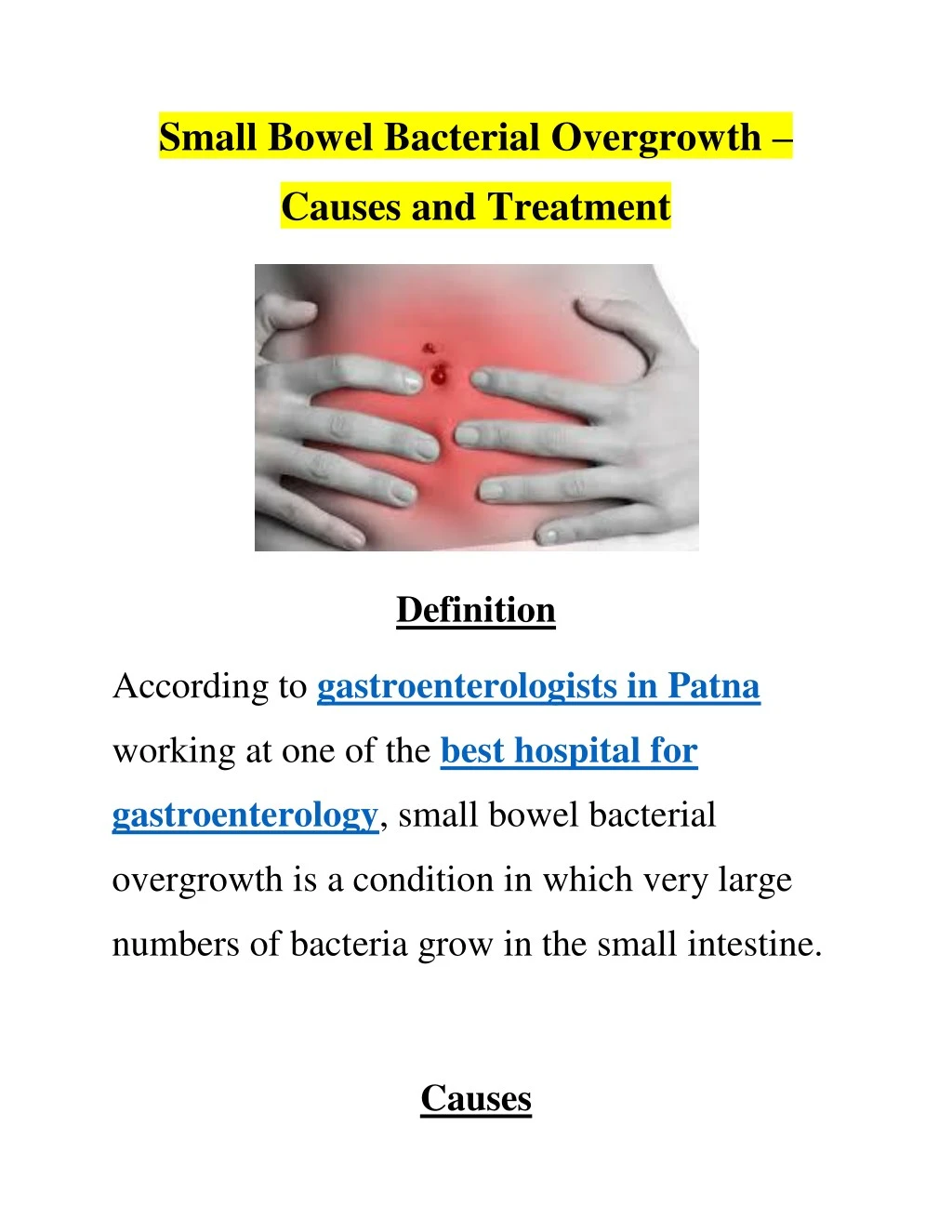
When it comes to treatment, the effectiveness of the antibiotic Rifaximin has had mixed results in scientific investigation. I n particular, SIBO seems to affect those with celiac disease whose symptoms continue despite the gluten-free diet.

Studies have found a connection between SIBO and celiac disease, but more recent research has raised some questions about how strong that connection is. What is the Connection between SIBO and Celiac Disease? The upper part of the small intestine and the stomach are generally too acidic and have too many muscular contractions for most bacteria to survive. Most of these bacteria are in the middle and the last part of the small intestine and also in the colon. Most people have between 300–500 different species of bacteria in their gastrointestinal tracts. The main purpose of the small intestine is to digest and absorb food into the body. The small intestine is the section of the gastrointestinal tract that connects the stomach with the colon (the large intestine). ( Learn more about SIBO from Melinda Dennis, MS, RD, LDN.) The lactulose or glucose breath tests are the standard tests for SIBO. There is also malabsorption of sugars and carbohydrates, which are then passed to the colon where greater amounts of gas are produced, causing bloating, abdominal discomfort and loose stool. This overgrowth of bacteria and other organisms competes with your body for the digestion of nutrients, such as vitamins (especially vitamin B-12). SIBO, also known as small bowel bacterial overgrowth (SBBO), refers to a condition in which abnormally large numbers of bacteria are present in the small intestine.

Small Intestinal Bacterial Overgrowth (SIBO) What is Small Intestinal Bacterial Overgrowth (SIBO)?


 0 kommentar(er)
0 kommentar(er)
